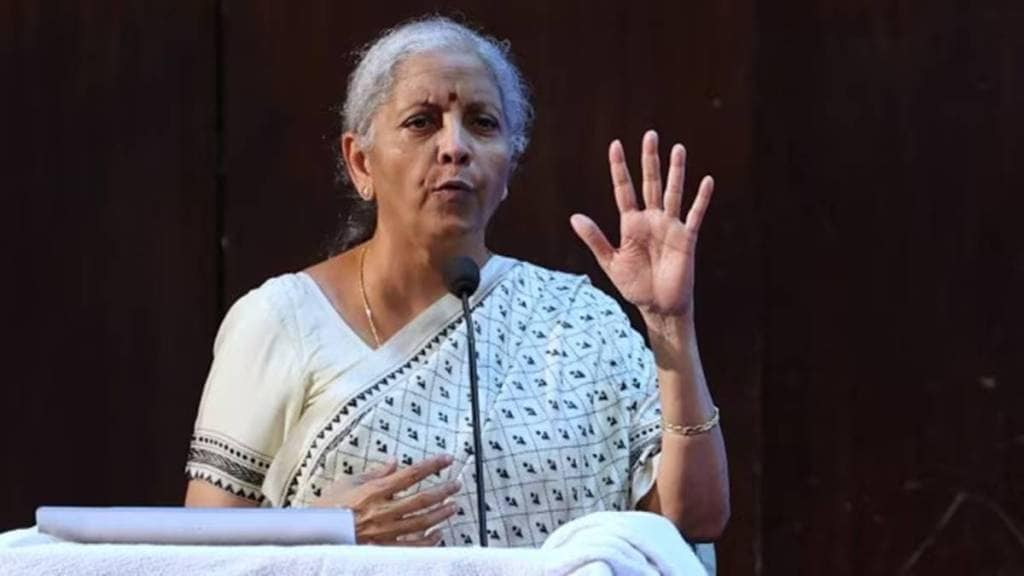The Multiple Scheme Framework (MSF), which came into effect from Wednesday, for non-government national pension system (NPS) subscribers with equity exposure up to 100% of funds will cater to different investor preferences, giving them greater flexibility, finance minister Nirmala Sitharaman said.
Addressing NPS Diwas here, the minister also said that the department of financial services and pension regulator PFRDA should explore training women as ‘Pension Sakhis’ and incentivise them for sustained increase in enrolment, much like ‘Bima Sakhis’ of the Life Insurance Corporation of India.
In a move aimed at popularising the NPS among the employees in the non-government sector, the Pension Fund Regulatory and Development Authority (PFRDA) has permitted fund managers to customise and offer multiple schemes with equity exposure up to 100% to private-sector subscribers.
Multiple scheme framework: Customisation and high equity
The fund managers could devise the schemes depending on the persona of corporate employees or gig-workers. This contrasts with the current system, where PFRDA allows one scheme per subscriber with predetermined investment options, with equity exposure capped at 75%.
She said the schemes under NPS have generated attractive returns. The average annual returns since inception under: Equity scheme of NPS have been over 13%. Around 9% for both Corporate Debt scheme and the Government Securities scheme.
Boosting outreach: ‘Pension Sakhis’ and regulatory coordination
Talking about coordination across India’s larger pension landscape, she said the Forum for Regulatory Coordination and Development of Pension Products’ brings together PFRDA, EPFO, IRDAI, SEBI, and relevant ministries.
“The main aim of the forum is to develop a common regulatory and supervisory framework, investment standards across pension products, strengthening consumer protection, grievance redressal and ensure robust systemic risk management of assets under management,” she said.
The introduction of NPS in 2004 by the then NDA Government brought a crucial transition from a defined-benefit (DB) to a sustainable defined-contribution (DC) pension framework. NPS transformed retirement planning from a government-sector privilege into a universal tool for financial security. Initially available to government employees in 2004, NPS has been progressively extended to the entire private sector and all citizens.

